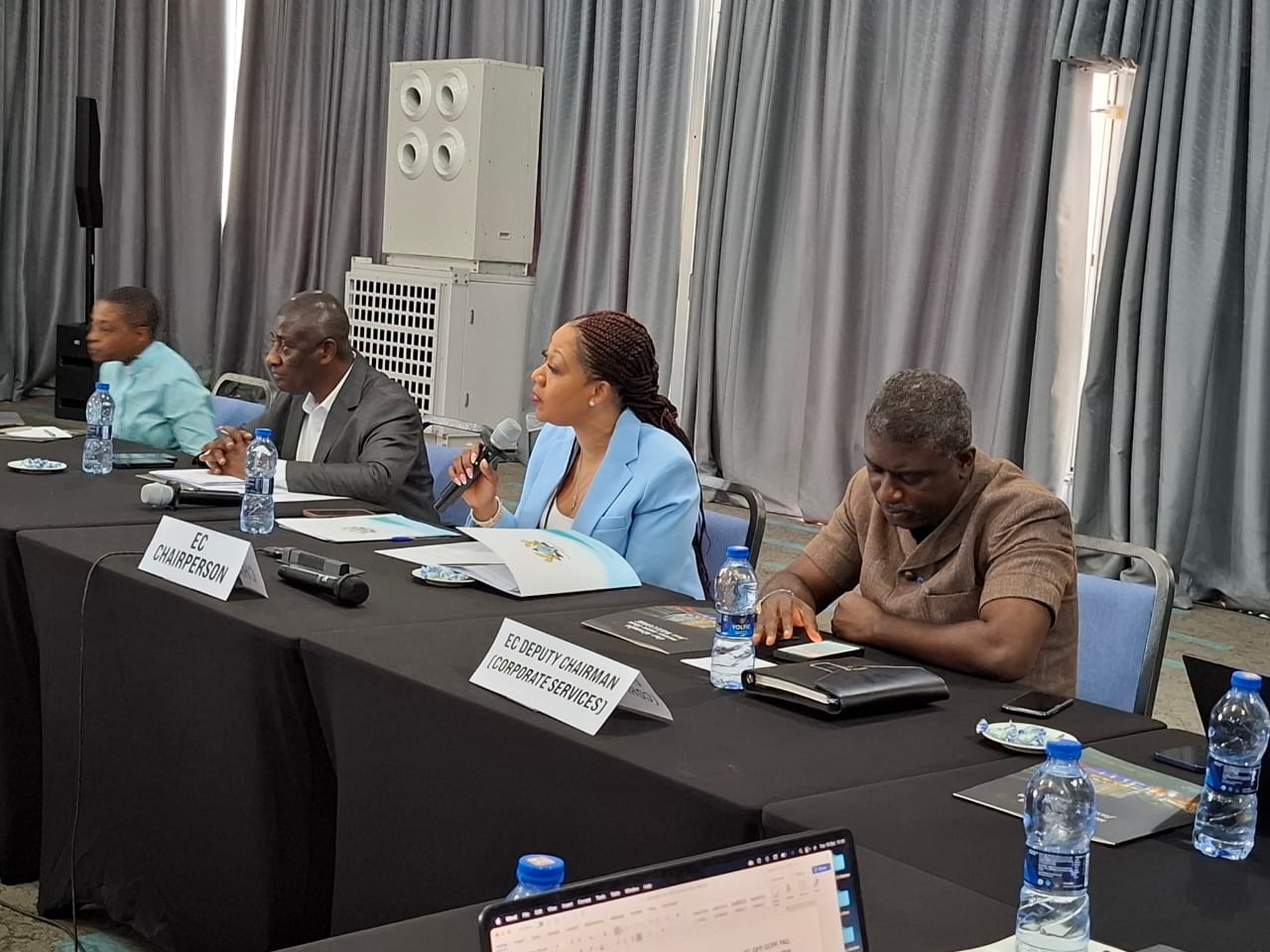The Executive Director of Paradigm Initiative, a pan-African organisation, Mr. Gbenga Sesan has urged the Electoral Commission (EC) to provide timely information to the public before, during, and after the December 7 election.
He says this approach would help reduce the spread of misinformation and disinformation, fostering public trust in the electoral process.
Mr. Sesan made this suggestion at a news conference in Accra on Thursday. The event was organised to share the outcomes of a multi-stakeholder engagement held by Paradigm Initiative, aimed at ensuring that digital rights are respected before, during, and after the December 7 election.
The engagement was conducted in collaboration with Community Focus Foundation Ghana (CFF-Ghana), the E-Governance and Internet Governance Foundation for Africa (EGIGFA), and the Internet Society Ghana Chapter (ISOC Ghana). It was attended by representatives from various political parties, including the New Patriotic Party, the National Democratic Congress, and the People's National Convention, as well as government officials, academics, civil society organizations, and tech entities.
Mr. Sesan rejected calls to regulate the internet, particularly social media, during election periods to address the issue of information disorder. In October last year, the EC proposed a framework to regulate social media use during elections, aiming to reduce the spread of misinformation, protect the integrity of the electoral process, and safeguard democracy, peace, and security.
However, Mr. Sesan argued that such measures could be dangerous and might lead to increased speculation and uncertainty.
"What we have learned over the last few years is that electoral commissions are often responsible for the spread of fake news due to delays in releasing information,” he stated. “When you want fake news to die, release real news in advance. Carry citizens along during the process. Information gaps and asymmetries lead to assumptions and guesses."
Mr. Sesan encouraged the EC to establish strong relationships with political parties and other stakeholders, sharing timely information with them to build trust in the process. He also advised the government to avoid media control and instead establish standards to promote responsible reporting.
The president of the Internet Society, Mr. Francis Acquah Amaning urged the National Communications Authority to ensure strong internet access during and after the polls for timely information delivery.
He also appealed to Ghanaians to respect the rights of their fellow citizens online and avoid spreading false information to protect the integrity of the electoral process.
Mr. Amaning called on the media to adhere to professional ethics, exercising caution in their reporting to safeguard democracy, peace, and security.
A communiqué issued at the end of the multi-stakeholder engagement emphasised the importance of protecting citizens' digital rights ahead of the elections to ensure transparency.
Regional Lead for Anglophone Africa at Paradigm Initiative, Ms. Khadijah El-Usman who read the communiqué, identified misinformation, disinformation, hate speech, and internet restrictions as significant factors that could undermine public trust, influence voter behaviour, and compromise the electoral process.
The communiqué said that protecting digital rights is essential for “enabling informed decision-making and maintaining the credibility of elections.” It called for empowering citizens on electoral processes and their digital rights.
Additionally, it recommended establishing a structured code of conduct for media operations during election periods to promote responsible journalism.
GNA





